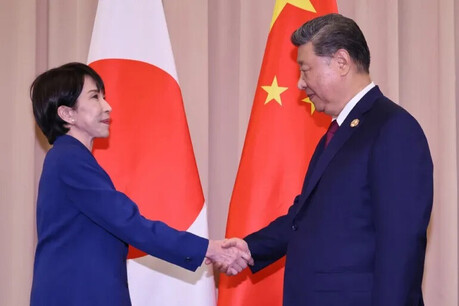
Seoul, South Korea – The scale of insurance policy loans, where policyholders borrow against the cash value of their insurance, is set to hit a record high. This surge is seen as a clear indicator of the mounting financial pressures faced by South Koreans.
According to data from the Korea Insurance Association, the outstanding balance of insurance policy loans reached 71.328 trillion won (approximately US$54.5 billion) as of October last year, marking a 3.8% increase from the end of 2022. This upward trend suggests that the annual balance for 2023, which already set a record at 71.504 trillion won, will likely be surpassed.
Insurance policy loans, often considered a "recessionary" form of borrowing, allow policyholders to borrow against the cash value of their policies. 1 This type of loan is particularly attractive to individuals who need quick access to funds or have difficulties securing loans from traditional banks.
Policy Lapses on the Rise
The number of policy lapses is also on the rise, indicating that some individuals are choosing to terminate their policies altogether to access the cash value. As of October last year, the number of policy lapses at domestic life insurance companies increased by 5.8% year-on-year to 4.188 million. Concurrently, the total amount of policy surrender value, the money paid to policyholders when a policy is canceled, rose 4.3% to 1.398 trillion won.
These figures suggest that many policyholders are facing financial difficulties and are forced to make tough choices between maintaining their insurance coverage and meeting immediate financial needs.
The Impact of Tightening Monetary Policy
Experts attribute the surge in insurance policy loans to the tightening monetary policy implemented by financial authorities to curb rising household debt. As banks become more cautious in lending, individuals are turning to alternative sources of financing, such as insurance policy loans.
"Unlike investment-driven debt, insurance policy loans are often taken out to meet basic living expenses," said Kim Kwang-suk, a professor at Hanyang University's Graduate School of International Studies. "While these may be small loans individually, the overall trend is worrisome."
[Copyright (c) Global Economic Times. All Rights Reserved.]





























